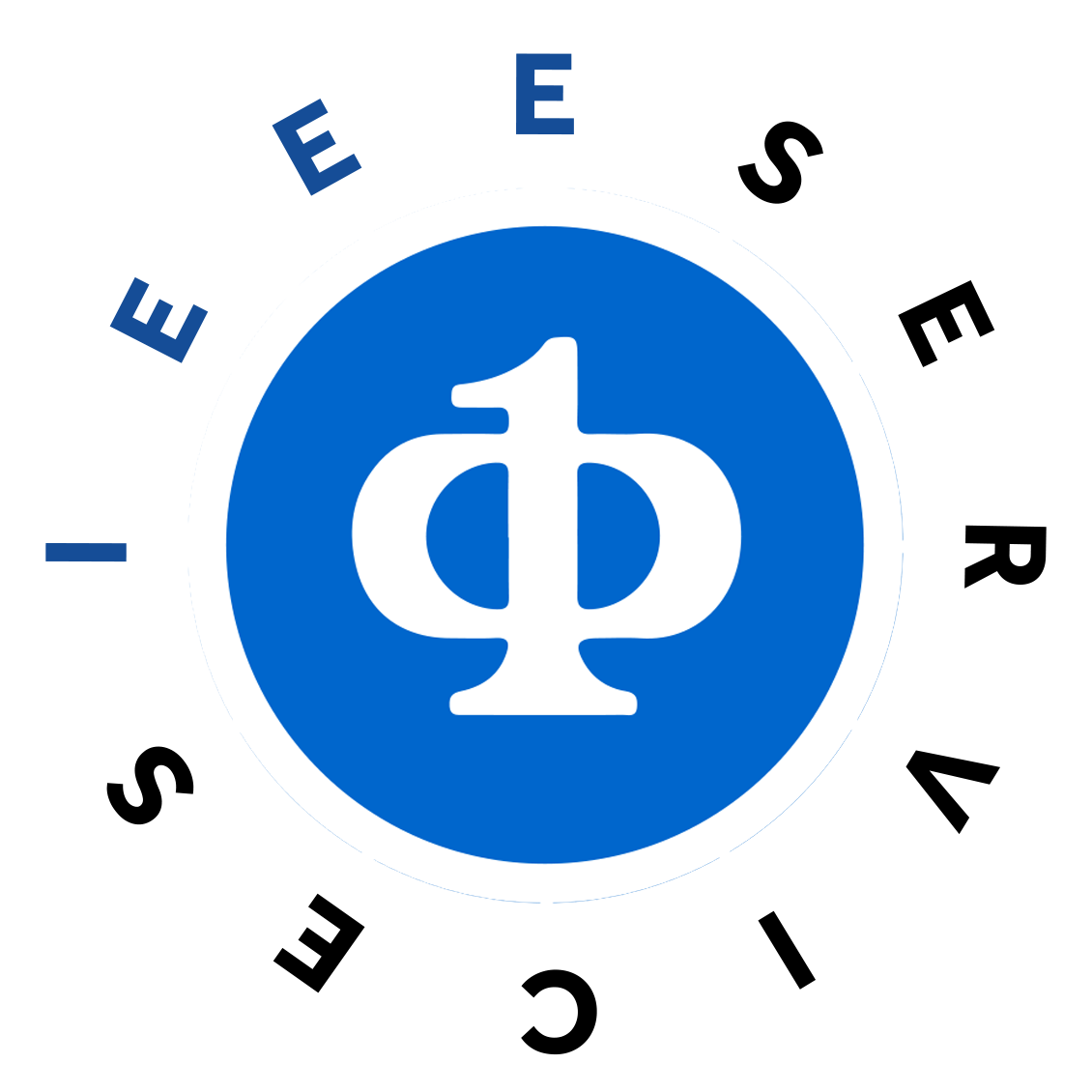 Artificial Intelligence: Where We Are, Where We Are Going?
Artificial Intelligence: Where We Are, Where We Are Going?
Joseph Sifakis, Verimag Laboratory, Grenoble, France
Wednesday July 10, 11:00am
At present, there is a great deal of confusion as to the final objective of AI. Some see Artificial General Intelligence as the ultimate and imminent goal suggesting that it can be achieved through machine learning and its further developments.
We argue that despite the spectacular rise of AI, we still have weak AI that only provides building blocks for intelligent systems, mainly intelligent assistants that interact with users in question-answer mode.
A bold step toward human-level intelligence would be the advent of autonomous systems resulting from the marriage between AI and ICT envisaged in particular by the IoT. In this evolution, the ability to guarantee the trustworthiness of AI systems – reputed to be “black boxes” very different from traditional digital systems – will determine their degree of acceptance and integration in critical applications.
We review the current state of the art in AI and its possible evolution, including:
- Avenues for the development of future intelligent systems, in particular autonomous systems as the result of the convergence between AI and ICT;
- The inherent limitations of the validation of AI systems due to their lack of explainability, and the case for new theoretical foundations to extend existing rigorous validation methods;
- Complementarity between human and machine intelligence, which can lead to a multitude of intelligence concepts reflecting the ability to combine data-based and symbolic knowledge to varying degrees.
In light of this analysis, we conclude with a discussion of AI-induced risks, their assessment and regulation.
Bio: Professor Joseph Sifakis is Emeritus Research Director at Verimag. He has been a full professor at Ecole Polytechnique Fédérale de Lausanne (EPFL) for the period 2011-2016. He is the founder of the Verimag laboratory in Grenoble, a leading laboratory in the area of safety critical systems that he directed for 13 years.
Joseph Sifakis has made significant and internationally recognized contributions to the design of trustworthy systems in many application areas, including avionics and space systems, telecommunications, and production systems. His current research focuses on autonomous systems, in particular self-driving cars and autonomous telecommunication systems.
In 2007, he received the Turing Award, recognized as the “highest distinction in computer science”, for his contribution to the theory and application of model checking, the most widely used system verification technique.
Joseph Sifakis is a member of the French Academy of Sciences, the French National Academy of Engineering, Academia Europea, the American Academy of Arts and Sciences, the National Academy of Engineering, the National Academy of Sciences, and the Chinese Academy of Sciences.
Joseph Sifakis is a frequent speaker at international scientific, technical and public forums. He is the author of the book “Understanding and Changing the World” published in English and Chinese.

